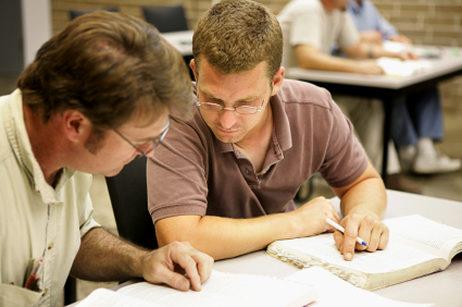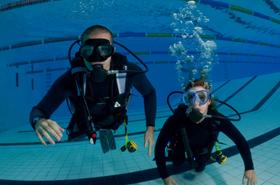While Goldman Sachs has found itself in plenty of hot investigative water recently, the investment bank has also contributed significantly to the development of small businesses via community colleges. Last year, Goldman Sachs announced the launch of 10,000 Small Business, a multi-million dollar initiative geared toward the creation and growth of small businesses across the country.
An Associated Press report published on Diverse Issues in Higher Education last November stated that Goldman Sachs is teaming up with billionaire Warren Buffett to provide $5 million to support small business owners in a variety of ways. Of that amount, $3 million will go to increasing opportunities for financial capital, while $2 million will be earmarked for education and training. The advisory council for the 10,000 Small Businesses initiative will be co-chaired by Buffett, Goldman Sachs CEO Lloyd Blankfein and Harvard Business School Professor Michael Porter.
This video explains how Metropolitan Community College is partnering with local businesses to help fill the job vacancies.
Overcoming Obstacles
According to the Goldman Sachs website, Goldman Sachs is partnering with Warren Buffett, the Initiative for a Competitive Inner City and Community College Associations to provide for three factors that have been identified as the primary barriers to the growth of small business in the United States:
- Access to Financial Capital – Goldman Sachs will invest $300 million in a combination of lending and donations to Community














































